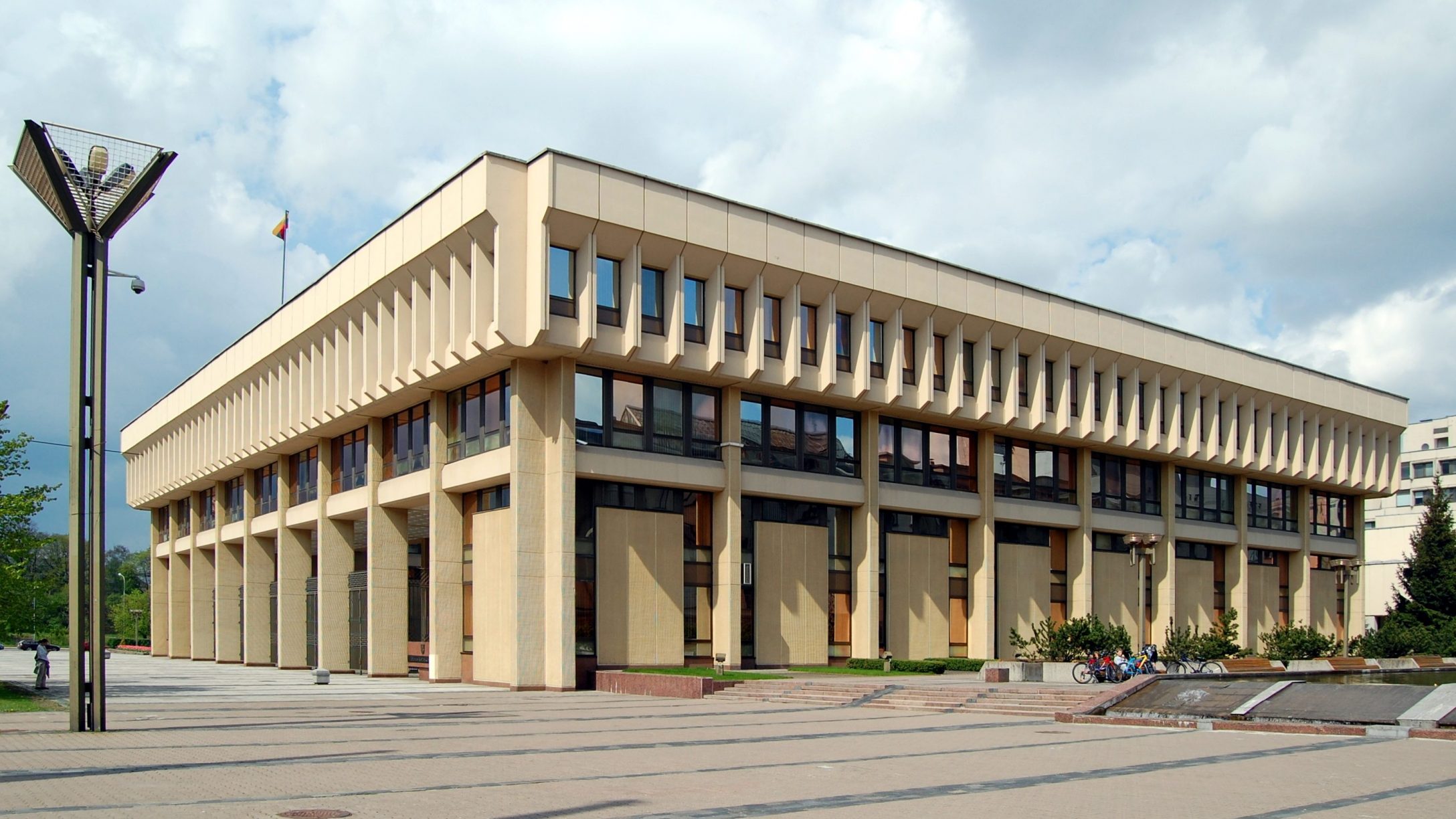In the Fall of 2012, I had the peculiar distinction of voting in two national elections on the same day. In the morning, I mailed out my absentee ballot to Massachusetts. Then, later that day, I walked to Vilnius City Hall in order to vote in the Lithuanian national elections, which were electing a new Seimas (parliament).
Upon moving to Vilnius that summer, I was eager to register myself as a resident of the city. Vilnius is very much a city of people from somewhere else; nearly all of its pre-war population was either massacred (if Jewish) or relocated (if Polish), leaving a capital with no inhabitants.
In the Balzacian Lithuanian imagination, people from the countryside come to the city for an education and then stay for dinner parties and intrigues. But those who come typically don’t update their voter registration. Instead, the city provides Lithuanians from the hinterlands with localized versions of their ballots available in Vilnius. It’s the equivalent of my going to New York’s City Hall and standing in line to vote in the MA-09 district.
Yet because I was renting and didn’t own property, as I understood the materials (my Lithuanian is good, but not perfect), I had to register myself as homeless. As a homeless person, I was voting for representation in the district including Old Town and City Hall itself, instead of the district in which my apartment actually was. In a fun twist, however, the district in which my apartment was was the very district that was assigned to Lithuanians living abroad. The list of candidates in that district featured many would-be parliamentarians who catered to the interests of the immense Lithuanian community voting in diaspora.
Instead, I was given a ballot for Old Town. Half of the Seimas is MPs who come from specific districts (or perhaps they should be called “ridings”?). The other half is distributed based on how many votes each party gets nationwide. To accommodate both forms of election, the government gave me two separate ballots. On one ballot, I chose a candidate from among the select few running in Old Town. I didn’t recognize any names, knew I didn’t want to vote for the incumbent conservative, and cast my vote for a professor running from the boring, apparatchik Social Democratic party (which would end up forming the ruling coalition). The professor had a PhD in English like me, so how bad could she be? She didn’t win, losing to the conservative, a history PhD.
On the second ballot, I had pages and pages of candidates. First, I chose a party, and then I marked my top ten candidates from that party. My friend told me to just vote for whomever I knew (no one) and then spend the rest of my ten votes on people at the end of my party’s list. The ones at the bottom were likely to be young, he said, and not corrupt. Incidentally, every candidate, which included what felt like most candidates at the top of their party’s lists, had an asterisk by their name if they had been convicted of a crime. The crime was almost always corruption.
Moacir P. de Sá Pereira





